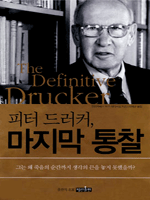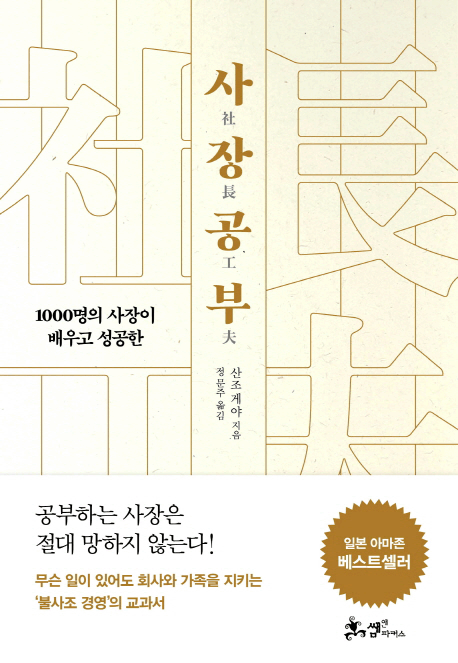





| ұ№і»јӯ әПҪбёУё® | [591,423]ұЗ АРАҪ | |
|---|---|---|
| ЗШҝЬјӯ ЗБё®әд | [0]ұЗ АРАҪ | |
| ұЫ·О№ъ Ж®·»өе | [2]ұЗ АРАҪ | |
| №Мөрҫо әкё®ЗОҪә | [580]ұЗ АРАҪ |
 [230]ұЗ
[230]ұЗ 
 |
н”јн„° л“ңлҹ¬м»Ө, л§Ҳм§Җл§ү нҶөм°° | |
| АъАЪ | м—ҳлҰ¬мһҗлІ мҠӨ н•ҳмҠӨ м—җлҚ”мғӨмһ„(м—ӯмһҗ: мқҙмһ¬к·ң) | ||
| ГвЖЗ»з | лӘ…진м¶ңнҢҗ | ||
 |
лӘ…мғҒмқҙ лӮҳм—җкІҢ | |
| АъАЪ | мқҙк·јмғҒ | ||
| ГвЖЗ»з | лӘҪмҠӨл¶Ғ | ||
 |
мӢ¬мһҘліҙлӢӨ лӢЁлӢЁн•ң нҶ л§ҲнҶ н•ң м•Ң | |
| АъАЪ | кі м„ кІҪ (м§ҖмқҖмқҙ) | ||
| ГвЖЗ»з | м—ҙлҰјмӣҗ | ||
 |
м ңмҷ•м—…(мғҒ) | |
| АъАЪ | л©”мқҙмң„м Җ(м—ӯ:м •мЈјмқҖ) | ||
| ГвЖЗ»з | мҢӨм•ӨнҢҢм»ӨмҠӨ | ||
 |
мӮ¬мһҘ кіөл¶Җ | |
| АъАЪ | мӮ°мЎ° кІҢм•ј(м—ӯ:м •л¬ёмЈј) | ||
| ГвЖЗ»з | мҢӨм•ӨнҢҢм»ӨмҠӨ | ||